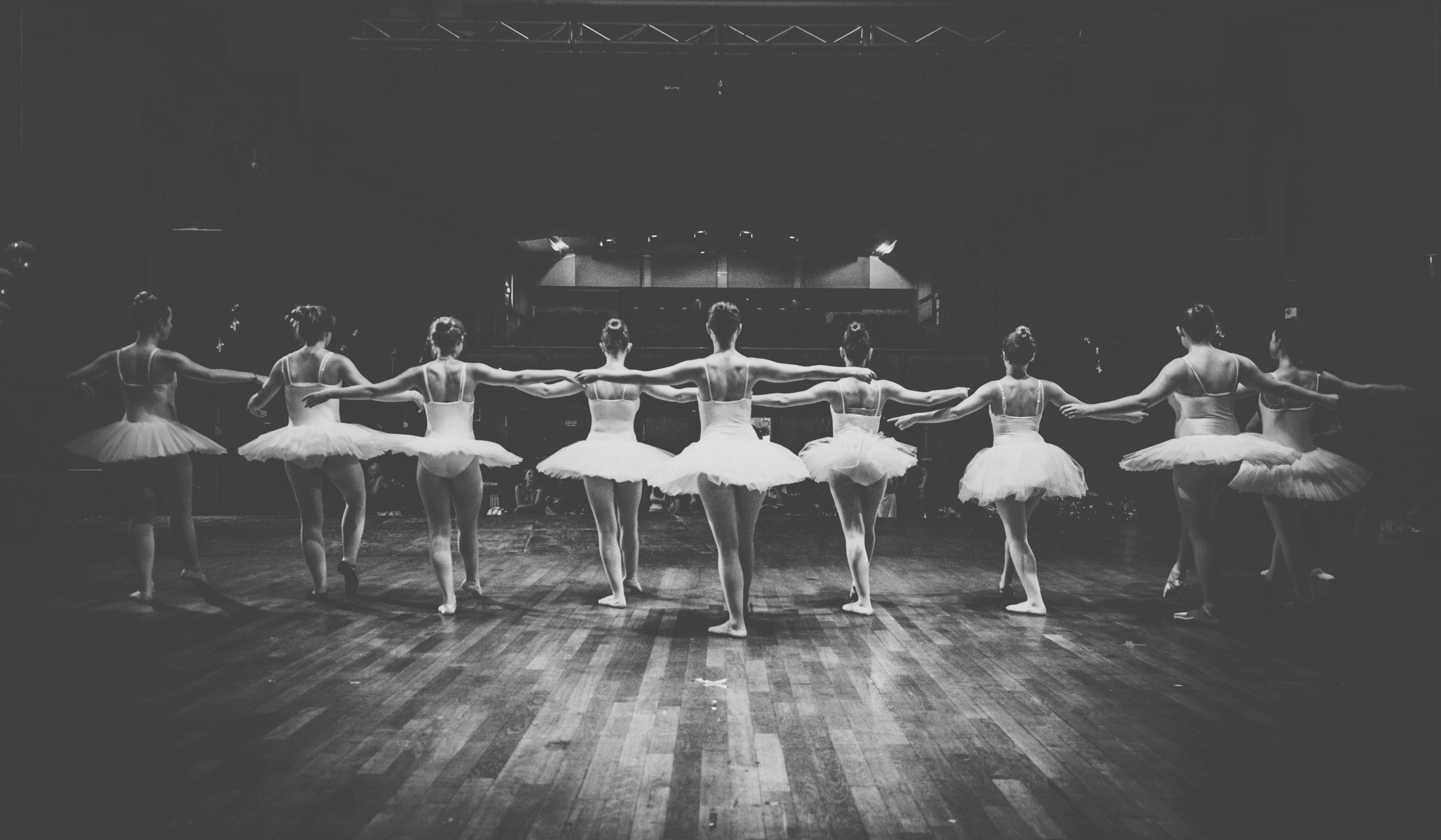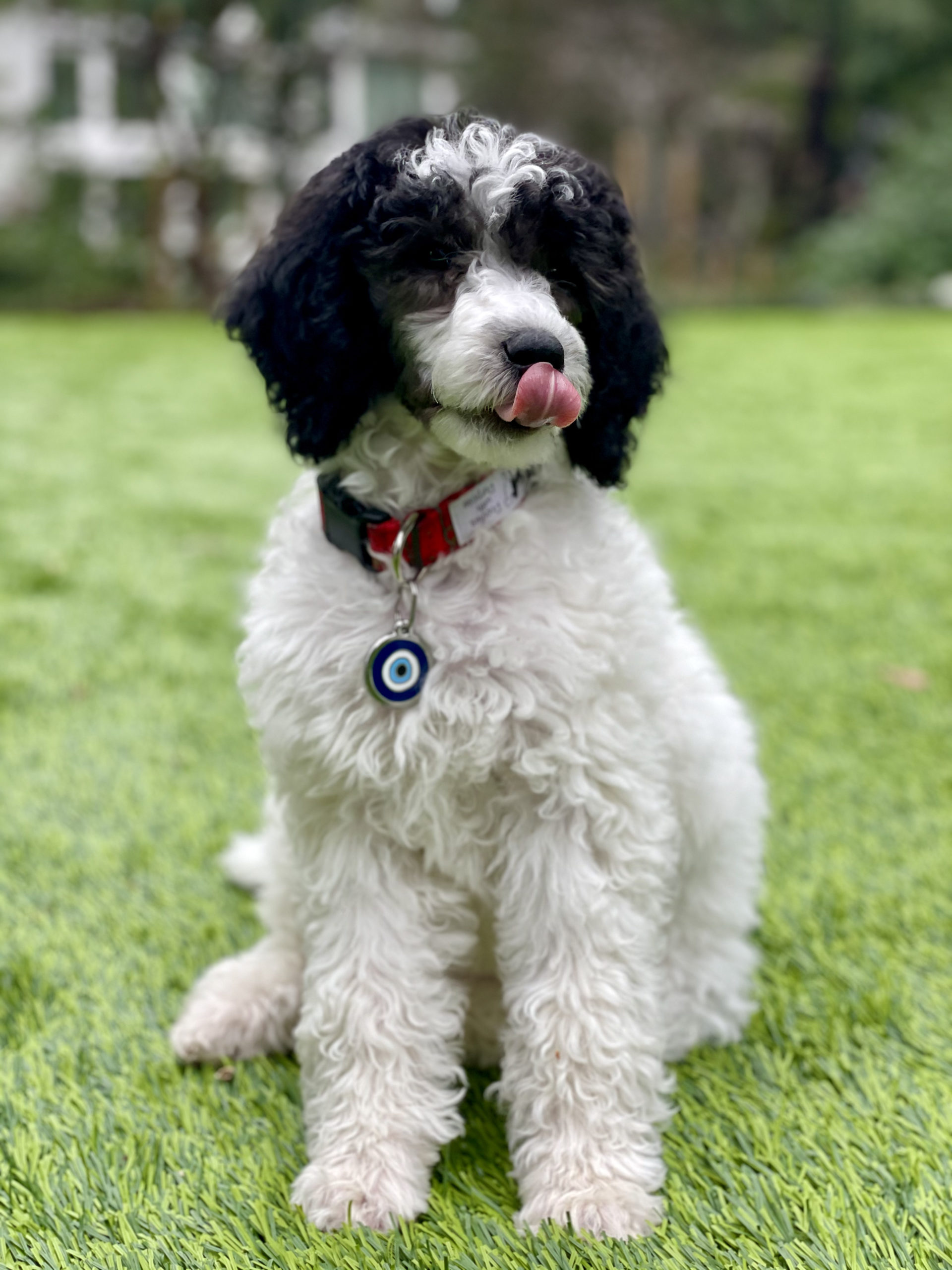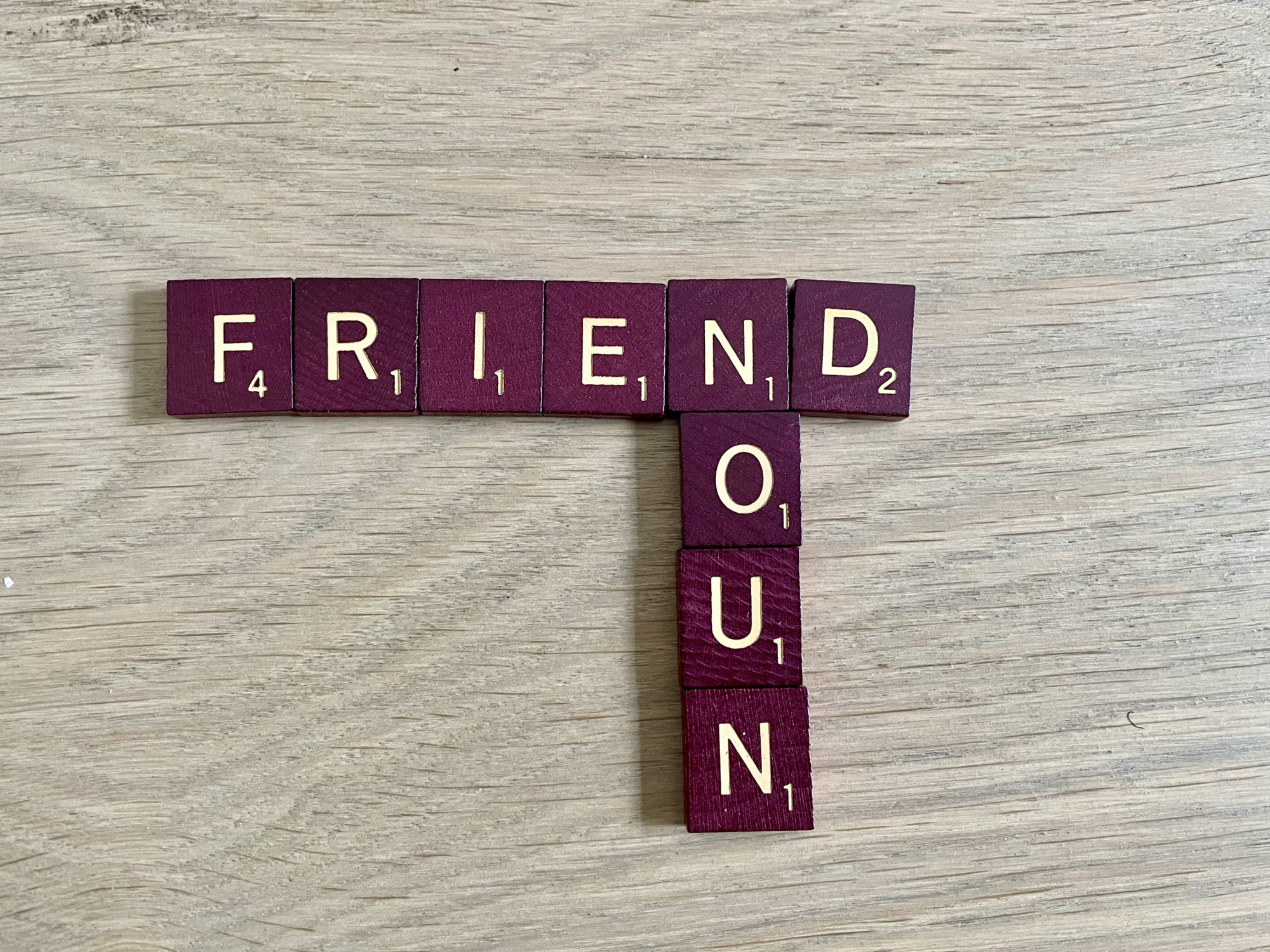

The Twyla zone

Towards the end of 2020, I had one of those experiences that vaporizes cynicism. In November, I noticed the book The Creative Habit by Twyla Tharp on my bookshelf. I had first bought it during film school, as assigned reading—but it occurred to me that I’d like to read it again. On a whim, I asked my friend Ellen if she wanted to read it with me.
We decided to open it up to anyone who wanted to read it. Surprisingly, about 25 people said yes. 18 people showed up. And 16 people stuck it out through the end!
It was a motivating experience for two reasons:
- The group of people was awesome
- The book and the content was a unique take on creativity, productivity, and habits, from someone outside of the performative productivity cabal
Most remarkably, the participants didn’t know each other at all. It was a group that came together over the interest in the book. For most, it was a way to either start or get back to their creative habit. But outside of that, the group was diverse in gender, geography, and profession. Tech people, yes. But also writers, musicians, entrepreneurs, finance people. Everyone was open, listening, learning. There were no titles, no stars, no celebrities, no name dropping. Everyone was on a level playing field in terms of how we treated each other. Each person had a thoughtful, authentic perspective to contribute.
At Spero Ventures, we think a lot about the ingredients of effective communities. Before the pandemic, each quarter, I brought people together to experience something cultural in San Francisco. I called the effort AliveIRL. The first event was watching The Last Black Man in San Francisco, followed by a dinner with the producer Kimberley Parker. The next was attending the Warhol exhibit at SF MoMA. At each, I met incredible people with whom I continue to have a meaningful connection.
Over the past 12 months, obviously the model had to shift. I’ve spent lots of time in all sorts of groups and learned that:
- There are thousands of smart people who are amazing but not (currently) famous. They are, however, very insightful and are key to every community. These people connect authentically – it’s not about who’s in the group or what they can gain from getting to know someone.
- Communities which form around a specific goal should aim to be global. The curious, collaborative individuals who are united in their shared love of learning exist everywhere. By forcing everything to be virtual, the connection to globally like-minded people should increase. (but, finding a time that works for all is very hard)
- The friction around sourcing, scheduling, and gathering the community is still quite high. Until the enabling tools improve, small gatherings will still need a coordinator.
- They will also need a moderator, not just to make sure everyone feels like the gathering is inclusive, but also to ensure that we can learn from the quiet people who often drop gems of wisdom.
Our little reading community decided we wanted to keep going and use the group as a forcing function to read books we’ve all been meaning to read. The next book is Atomic Habits by James Clear (yes, it’s almost unavoidable, the productivity whirlpool). We kick off on February 11th. One of the group members, Josh, split the book up into 6 chunks and we’ll read it over 6 sessions spanning 12 weeks.
Here are the details of how we’ll read Atomic Habits:
Feb 11, 9a PST: Intro + The Fundamentals
Feb 25, 9a PST: The 1st Law
Mar 11, 9a PST: The 2nd Law
Mar 25, 9a PST: The 3rd Law
Apr 8, 9a PST: The 4th Law
Apr 22, 9a PST: Advanced Tactics
If you want to join us, drop your name and email into this Google form.

“Friend” is a noun

“Friend” is a noun. When it got turned into a verb, it emphasized the transactional nature of many relationships online. While the meaning differed across platforms, it usually meant it was someone whose updates you wanted to see on a regular basis. The platforms themselves then decided how much you would see, using every minor action of yours (intentional or otherwise), thereby controlling the relationship. The platform maintains the connection for you, and instead of sitting on a couch talking to one person, looking them in the eye, you are speaking to a crowd, none of whose eyes you can see, and hoping that keeps the relationship warmish.
That’s not a friendship. That’s a potentially useful exchange of information. The act of “friending” the person was a one-off initiation of this exchange. Building a friendship, making someone into “a friend,” takes more.
Friendships can be created online, but they require:
- the ability to form a connection. One way to form connections is to have a shared purpose, goal, experience, or project/effort of some kind. That’s why we feel so strongly about Product-Led Communities.
- a constructive alignment of values that allows collaboration.
- getting to know the person, in a nuanced way—what they care about, their sense of humor, how they solve problems, how they spend their time, whether they are an asshole to people close to them.
- a commitment to show up. Online groups where people intend to show up on schedule, and actually follow through, are much more impactful rather than ones where there is no firm commitment to show up and people float in and out as they choose. The decision to make this group a priority means a lot to the people in the group.
- enjoyment of the interaction—an interaction with a real friend makes you feel better after than you did before.
- relaxation, enjoyment, or learning. Interactions when you can be yourself, laugh, not watch every word, or walk away smarter, with a new perspective, are all interactions you will want to have again.
- time, to develop all these dimensions of the relationship over many months.
As I look back at last year, I realize there were a lot of events, one-off talks, lectures, and hangouts. Some involved icebreakers, which are helpful. There were efforts at “community,” but did those result in real friendships, as opposed to “friending”? Real community, versus minor interactions that are easily forgotten?
A couple of weeks ago, I was on a Clubhouse chat where an influencer told the audience we were all lucky to be on the platform this early because we could 100x our audiences if we did things right. And that would be very valuable. That’s our mindset right now: do this thing because it’s valuable. Hang out here because you can meet XYZ, who might invest in/hire/help you down the road.
There is a place for this and there is definitely value in this kind of transactional relationship. But the internet has skewed toward this worldview because when measurable value is created, it can also be extracted.
But how do you really make the online world less transactional? How do you enable the formation of deeper connections where people are willing to spend the time because they enjoy the company of the other person or group rather than find transactional value in it?
There is value in deeper, more meaningful connections and it behooves us to think about how to create these interactions online. The “value” may be harder to measure immediately, but over the long term, will likely lead to more valuable, resilient platforms, and therefore a healthier internet.
I’m thinking out loud here. How did you feel about your online experiences last year? Do you want to repeat them? What would you like to see changed or improved? Please reach out—I’d love to discuss (in a non-transactional way!)
